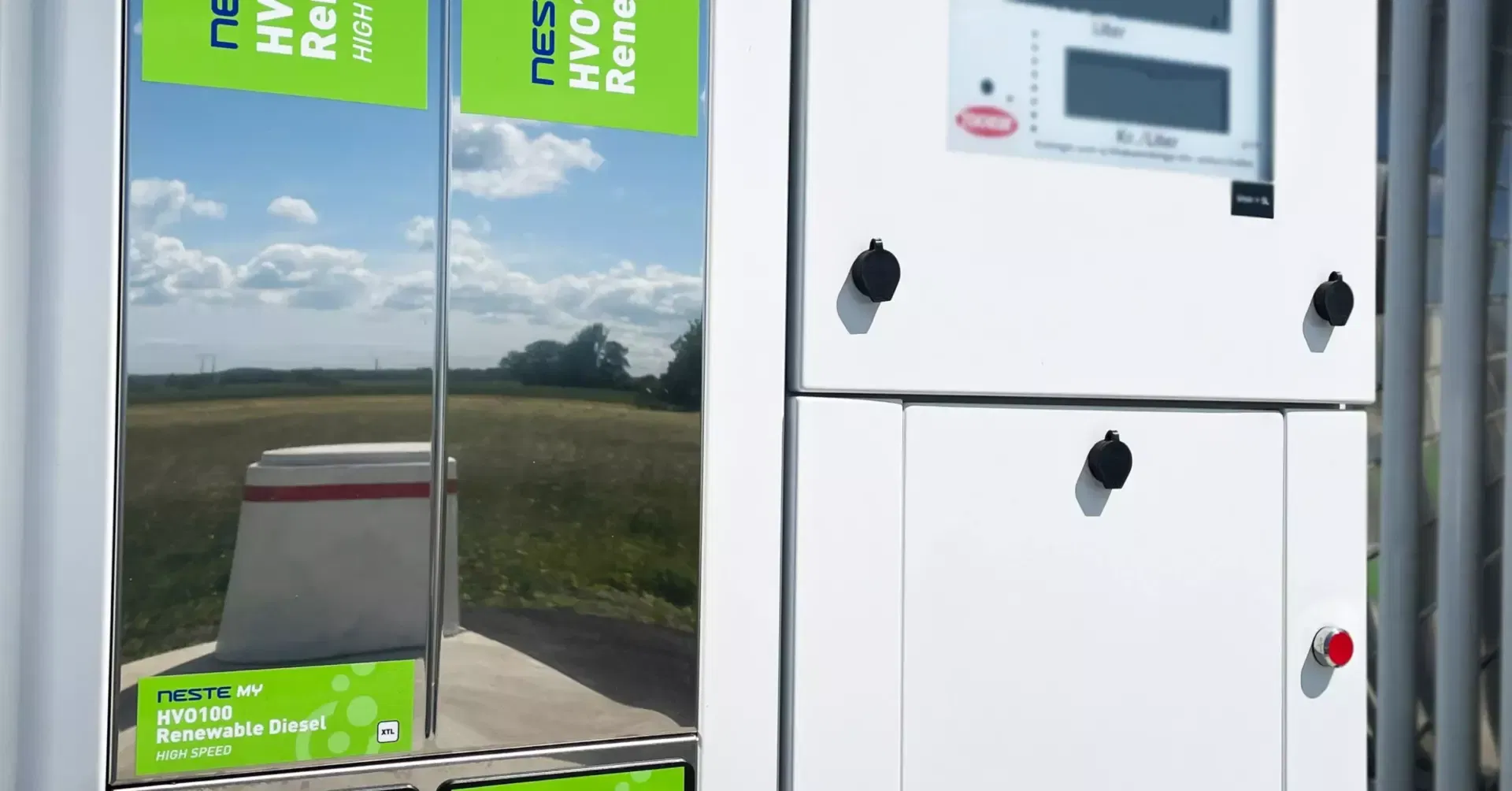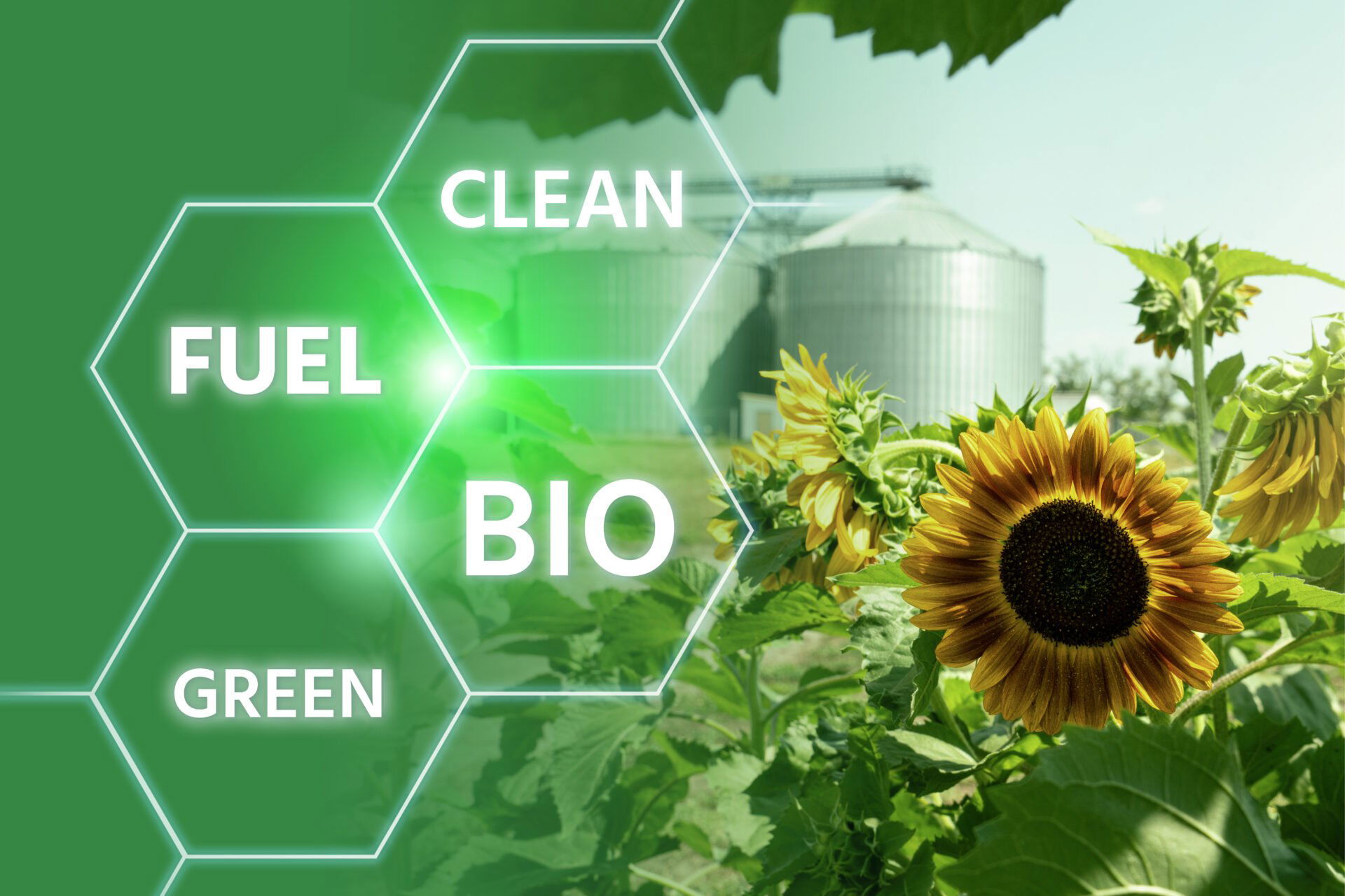

Environmental benefits of biodiesel
One of the most significant environmental benefits of biodiesel is its potential to reduce greenhouse gas emissions. Because biodiesel is made from renewable resources that absorb CO2 during their growth cycle, the overall carbon footprint is substantially lower than that of fossil fuels. Studies have shown that biodiesel can reduce lifecycle greenhouse gas emissions by up to 86% compared to traditional diesel.
Biodiesel is non-toxic and biodegradable, making it much safer for the environment in the event of a spill. Unlike petroleum diesel, which can cause long-term environmental damage, biodiesel breaks down naturally and reduces the risk of soil and water contamination. Biodiesel combustion results in lower emissions of harmful pollutants such as particulate matter, carbon monoxide, sulfur oxides, and hydrocarbons. This not only contributes to better air quality but also helps in reducing smog formation and respiratory problems in populated areas.
Benefits for you
Engine performance and longevity
Biodiesel has excellent lubrication properties that can enhance engine performance and longevity. Using biodiesel can reduce wear and tear on engines, potentially lowering maintenance costs and extending engine life.
Fuel security
For companies in the heavy transport sector, biodiesel provides a degree of energy security by diversifying fuel sources. Relying on domestically produced biodiesel reduces dependence on imported oil, mitigating the risks associated with volatile oil markets.
Economic incentives
Many governments offer incentives for using biodiesel, including tax credits, grants, and subsidies. These incentives can make biodiesel an economically attractive option for businesses looking to reduce their operational costs while adopting sustainable practices.
The future of biodiesel
The future of biodiesel looks promising, driven by growing environmental awareness and the global push towards sustainable energy sources. Advances in biodiesel production technologies are improving efficiency and reducing costs. Innovations such as the use of algae and other non-food feedstocks are expanding the range of raw materials that can be used to produce biodiesel, making it more sustainable and less reliant on food crops.
Governments worldwide are implementing stricter emission regulations and renewable energy mandates. These policies are creating a favorable environment for the adoption of biodiesel, encouraging more businesses to switch to cleaner fuels.
As the transportation sector evolves, biodiesel is likely to complement the rise of electric vehicles (EVs). For instance, hybrid systems that combine biodiesel engines with electric motors could provide a sustainable solution for heavy-duty transport, leveraging the strengths of both technologies.
The global biodiesel market is expected to grow significantly in the coming years. Increased production capacities, better distribution networks, and rising demand for green energy solutions are driving this growth, making biodiesel a key player in the future energy landscape.
Conclusion
Biodiesel offers numerous advantages for both the environment and consumers, particularly in the heavy transport sector. Its ability to reduce greenhouse gas emissions, improve engine performance, and provide energy security makes it a compelling alternative to traditional diesel. As technology advances and regulatory support grows, the future of biodiesel looks bright, promising a more sustainable and cleaner energy solution for generations to come.
Explore the benefits of biodiesel and join the movement towards a greener future. If you need more information or guidance, our team of experts at Biofuel Express is here to help you make the transition to sustainable fuel solutions.
"*" indicates required fields
"*" indicates required fields